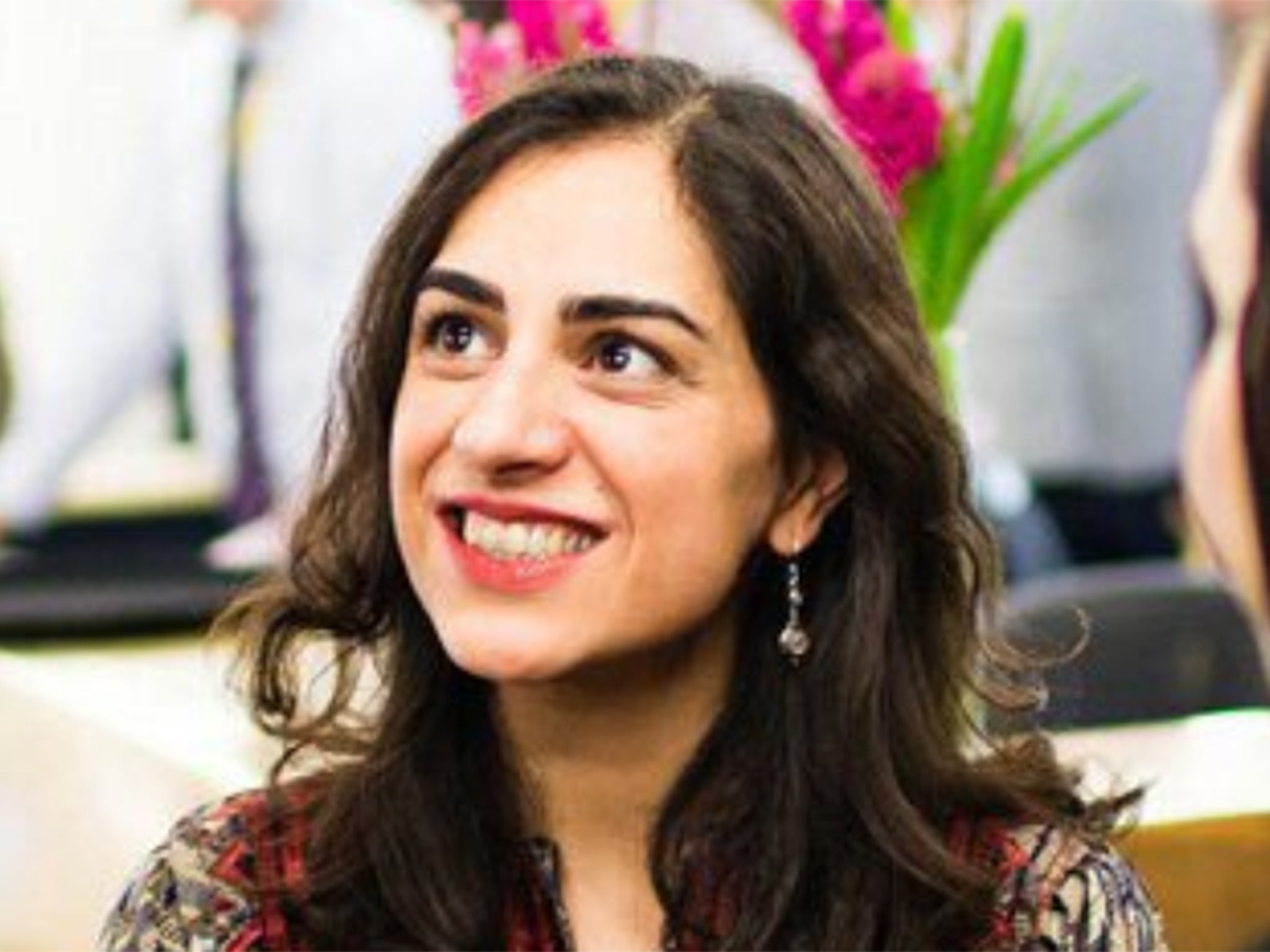British Council confirms release of Iranian employee Aras Amiri
Aras Amiri left Tehran this week after overturning a travel ban.

An Iranian woman who worked for the British Council is back in the UK after being freed from detention in Tehran and acquitted of spying charges.
Aras Amiri was released following a successful appeal to the Iranian Supreme Court, her lawyer and the council said on Wednesday.
Ms Amiri, a UK resident, had been freed from prison in recent months and left the Iranian capital on Monday after overturning a travel ban.
The 34-year-old, who worked as an artistic affairs officer for the British Council’s London office, was arrested in March 2018 while visiting her grandmother in Iran.
A year later an Iranian Revolutionary Court sentenced her to 10 years in prison on spying charges.
In 2019 a spokesperson for Iran’s judiciary alleged a woman “in charge of the Iran desk at the British Council” had used contacts with arts and theatre groups to “influence and infiltrate” Iran at a cultural level, and had confessed to cooperating with British intelligence, according to the BBC.
Ms Amiri denied the charge and wrote to the then-chief justice and now president, Ebrahim Raisi, asking him to investigate.
She insisted she had been imprisoned after refusing to spy for the Iranian intelligence services.
Her British fiance accused Iran of using her as a “bargaining chip”, a claim officials in Tehran denied.
The Iranian judiciary did not immediately comment on Ms Amiri’s release and return to the UK, but her lawyer in Tehran, Hojjat Kermani, said Amiri had left the Iranian capital on Monday.
“The Supreme Court had acquitted her of espionage charges... Then our appeal for lifting her travel ban was accepted and she was able to leave Iran,” Mr Kermani said.
Several British-Iranian dual nationals have been jailed in Iran on similar charges. Ms Amiri was detained in the same prison as Nazanin Zaghari-Ratcliffe, who was sentenced to a further year in prison in April last year, shortly before finishing her five-year sentence.
Some families of those still detained are hoping Ms Amiri’s release could be a sign of improving relations.
Due to tensions with western powers over Iran’s nuclear programme, the Islamic Republic banned cooperation with the British Council in 2019 and warned of possible prosecutions.
Iran’s elite Revolutionary Guards have arrested dozens of dual nationals and foreigners in recent years, mostly on espionage and security-related charges.
Rights groups have accused Iran of trying to use arrests to extract concessions from other countries, while western powers have long demanded that Iran release their citizens, who they say are political prisoners.
Tehran, which does not recognise dual nationality, says these arrests are based on its criminal code and denies holding people for political reasons. Iran has repeatedly said it is ready for a prisoner exchange.
It is now in talks to revive its 2015 nuclear deal with world powers. In 2018 President Donald Trump exited the deal and reimposed tough economic sanctions on Iran.
Subscribe to Independent Premium to bookmark this article
Want to bookmark your favourite articles and stories to read or reference later? Start your Independent Premium subscription today.

Join our commenting forum
Join thought-provoking conversations, follow other Independent readers and see their replies